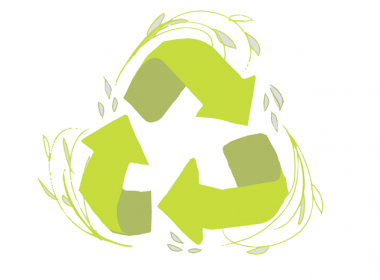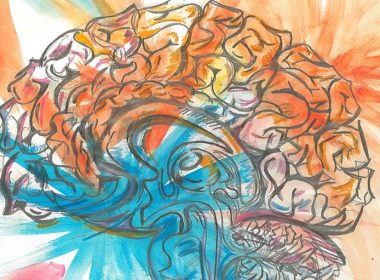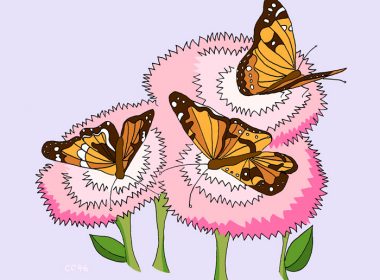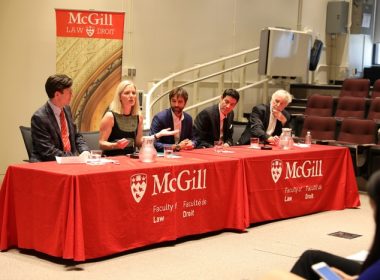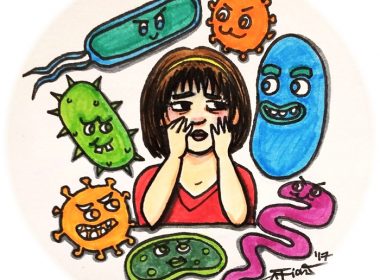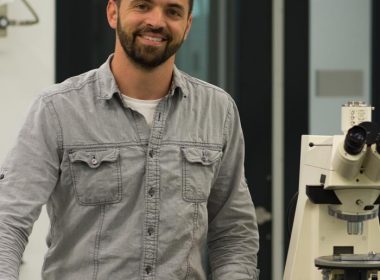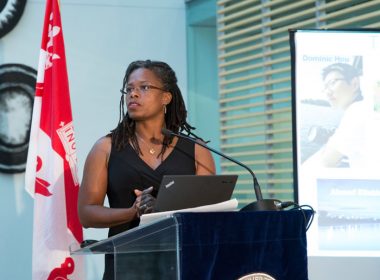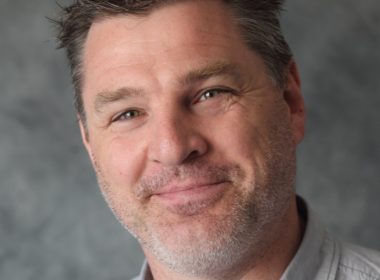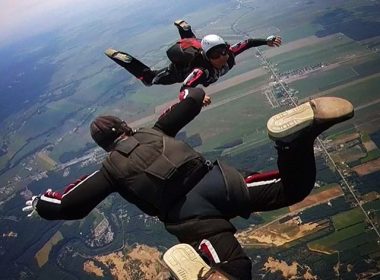From the shelf, the average recyclable is typically used, emptied, and hopefully placed in a recycling container. It then awaits collection and sorting, until it can be sent to the corresponding manufacturer to be reused in the most appropriate manner. The problem in this system lies at the very start:[Read More…]
Science & Technology
The latest in science and technology.
Predicting Alzheimer’s with artificial intelligence
Researchers in the Douglas Mental Health University Institute’s Translational Neuroimaging Laboratory at McGill have created an artificial intelligence-based algorithm to recognize dementia before its onset—an elusive task, even for neurologists. The algorithm uses statistics to learn what the determining markers of the disease are—a process called machine learning, a branch[Read More…]
‘Westworld’ and the ethical dilemma of sentient machines
While deep in conversation with your childhood best friend, you catch glimpse of a frayed wire and grey hinge protruding from the side of their neck. “I thought you knew,” they calmly remark at your gaze. Suddenly they swing the hinge open to reveal an intricate set of wires and[Read More…]
Where did these butterflies come from and where are they off to?
As summer transitions into fall, an increased flow of insect and bird migrations takes off. The McGill campus, as well as greater Montreal, has experienced a southbound butterfly migration in preparation for the winter. Although these butterflies are commonly misidentified as monarchs, they are actually Vanessa cardui, or Painted Ladies.[Read More…]
Minister of Environment and Climate Change hosts panel at McGill
On Sept. 15, McGill University hosted a panel at Chancellor Day Hall on the future of clean energy as a means of growing the economy. The Canadian Minister of Environment and Climate Change and McGill law graduate, Catherine McKenna, hosted the event marking the beginning of a series of panels. McKenna[Read More…]
When is the best time to get sick?
Catching a cold in the morning or at night can make a big difference. A new study from the McGill University and the Douglas Department of Health Institute suggests that the severity of an infection might vary significantly depending on the time of day we contract a pathogen—an agent causing disease[Read More…]
Building sustainable materials inspired by nature
On Sept. 14 at Soup and Science, students were made privy to the exciting field of Sustainable Materials Chemistry, as presented by Matthew Harrington, an assistant professor in the Department of Chemistry. “Since 1950 we’ve accumulated over five billion metric tonnes of plastic in our environment and landfills with a[Read More…]
From mutation to malformation: Developmental syndromes
On Sept. 12, Soup and Science featured some of the cutting-edge developmental biology research going on at McGill. Over an egg salad sandwich and a bowl of chicken soup, The McGill Tribune met Loydie Jerome-Majewska, pediatrics professor and medical scientist, to hear about her research regarding developmental syndromes. Between two and[Read More…]
Curing cancer with 1’s and 0’s
Rapid chemical analysis that takes days to complete in a lab can now be done with the click of a button. A self-proclaimed “Beast in Science,” associate professor in the McGill Department of Chemistry, Nicolas Moitessier, worked with his team of computer engineers and biochemists at the Moitessier Research Group[Read More…]
SciTech 101: Getting involved at McGill
With over 230 clubs at McGill, finding the perfect match may seem like a daunting task. Luckily for the burgeoning scientist or technology buff, there are plenty of opportunities at McGill to foster one’s enthusiasm for research, technology, medicine, and so much more. For the star-struck space cadet: Astro[Read More…]
